
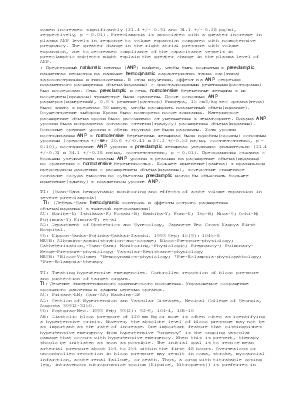
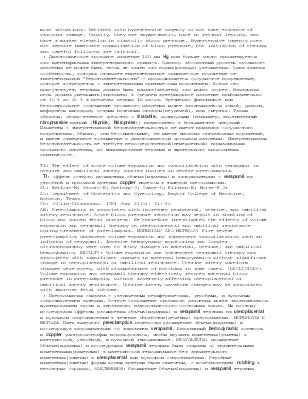
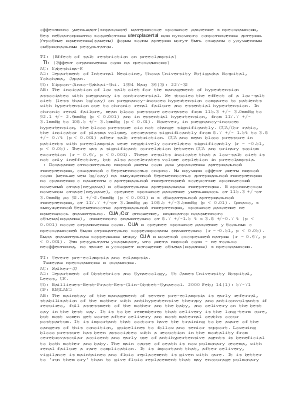


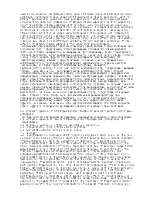
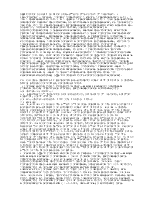
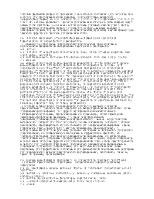
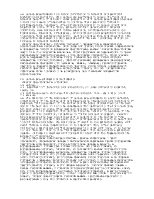
ОБЪЕМ
TI: [Observation on treatment of mailuoning injection for 46 pregnancy induced hypertension patients]
TI: [Наблюдение относительно обработки(лечения) mailuoning введения для 46 беременностей вызвало пациентов артериальной гипертензии]
AU: Luan-F; Yin-HY; Dong-PY
AD: First Affiliated Hospital of Kaifeng Medical Institute, Henan.
SO: Chung-Kuo-Chung-Hsi-I-Chieh-Ho-Tsa-Chih. 1995 Mar; 15(3): 153-5
AB: In order to observe the effect of treatment of Mailuoning Injection (MI) for pregnancy induced hypertension (PIH), 46 PIH patients in treated group were treated with intravenous dripping of MI and 40 patients in control group were treated with intravenous dripping of 25% magnesium sulfas. The result showed: The headache and edema ameliorated significantly in treated group in comparison with control (P < 0.05). Both methods could decrease the levels of mean arterial pressure, but the former's lowering arterial pressure was better than that of latter's (P < 0.05-0.01). The improvements of hemorheology in both groups after treatment were found, but the decrease of hematocrit was more significant in treated group (P < 0.05). No difference was found in albuminuria, delivery pattern, postpartum bleeding and neonatal Apgar Score between the two groups. The result suggested that the MI could prevent the progress of pathological process of the PIH, and relieve the systemic arteriolospasm, improve the microcirculation, change the hypercoagulability of the patients' blood and increase the blood flow in the patient of PIH.
: Чтобы наблюдать(соблюдать) эффект обработки(лечения) mailuoning Введения (MI) для беременности вынужденная(вызванная) артериальная гипертензия (PIH), 46 PIH пациенты в леченной группе, леченной со внутривенным капанием MI и 40 пациентов в контрольной группе, леченной со внутривенным капанием магниевого sulfas на 25 %. Результат показывал: головная боль и отек, улучшенный значительно в леченной группе по сравнению с контролем(управлением) (P < 0.05). Оба метода могли уменьшать уровни среднего артериального давления, но понижение former's артериального давления было лучше чем таковой последнего (P < 0.05-0.01). Выздоровления реологии крови в обеих группах после обработки(лечения) были найдены, но уменьшение гематокрита было более значительно в леченной группе (P < 0.05). Никакое различие не было найдено в albuminuria, структуре родоразрешения, послеродовом кровотечении и новорожденном Счете(ряде) apgar между этими двумя группами. Результат предложил, что MI мог предотвращать продвижение(прогресс) патологического процесса PIH, и уменьшать(освобождать) системный arteriolospasm, улучшать микроциркуляцию, изменять(заменять) гиперкоагуляцию крови пациентов и увеличивать кровоток в пациенте PIH.
TI: Change in atrial natriuretic peptide concentration after acute plasma volume expansion in normal pregnancy and preeclampsia.
TI: Изменение(замена) в предсердной natriuretic концентрации пептида после острого плазменного расширения объема(издания) в нормальной беременности и преэклампсии.
AU: Ozcan-T; Senoz-S; Sahin-N; Direm-B; Gokmen-O
AD: Dr. Zekai Tahir Burak Women's Hospital, Ankara, Turkey.
SO: Gynecol-Obstet-Invest. 1995; 39(4): 229-33
AB: Atrial natriuretic peptide (ANP) is found to be elevated in preeclamptic patients despite the presence of hemodynamic characteristics such as vasoconstriction and hypovolemia. In this study, the effect on ANP secretion of plasma volume expansion with crystalloid solutions was investigated. Seven preeclamptic and seven normotensive pregnant women in their last trimester were compared. After basal ANP measurements, 0.9% Ringer's solution, 15 cm3/kg body weight was infused within 30 min to expand the plasma volume. Blood sampling was repeated after the infusion. Maternal blood volume expansion was calculated from the decrease in hematocrit. Plasma ANP levels were corrected according to the degree of volume expansion. Basal mean levels in both groups were not different. Although the postinfusion levels of ANP in normotensive pregnant women were similar to the basal levels (means +/- SE: 20.6 +/- 0.41 and 27.2 +/- 0.52 pg/ml, respectively, p = 0.10), the postinfusion ANP levels in preeclamptic women increased significantly (21.4 +/- 0.31 and 34.1 +/- 0.28 pg/ml, respectively, p = 0.01). Preeclampsia is associated with a greater increase in plasma ANP levels in response to volume expansion compared with normotensive pregnancy. The greater change in the right atrial pressure with volume expansion, due to decreased compliance of the capacitance vessels in preeclamptic subjects might explain the greater change in the plasma level of ANP.
Уважаемый посетитель!
Чтобы распечатать файл, скачайте его (в формате Word).
Ссылка на скачивание - внизу страницы.